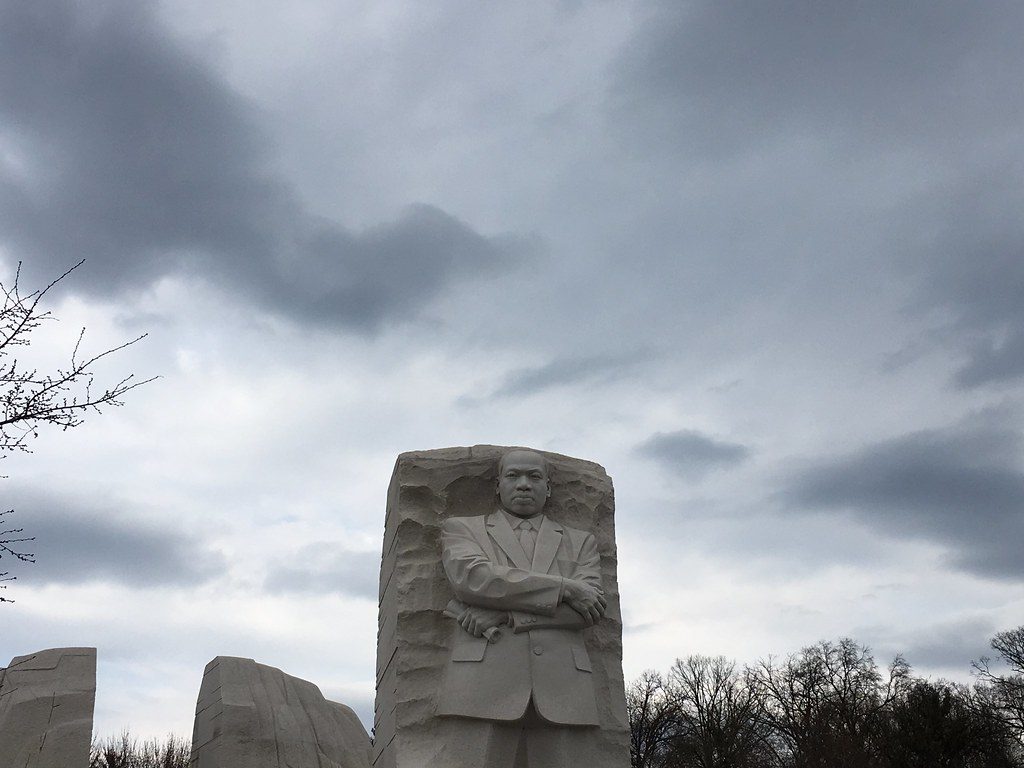
The efforts surrounding a historic Kansas City street’s name change has stirred up a considerable amount of controversy, especially among Kansas City’s black community.
After a rejection of the City Council’s January decision to rename a street in honor of the late Civil Rights Movement leader, Dr. Martin Luther King Jr. Boulevard’s 10-mile stretch will return to its former name, The Paseo.
Efforts to rename a Kansas City street after Dr. King began several years prior to the proposal to replace The Paseo with Dr. Martin Luther King Jr. Boulevard. Councilman Jermaine Reed attempted to rename Prospect Avenue in 2011 in order to reconcile Kansas City’s status as the largest city in the US without a street commemorating King. These initial attempts failed, and eventually the proposal to rename The Paseo came about in 2016. After much deliberation on which Kansas City street should undergo the name change, the city council failed to survey local residents and instead voted for The Paseo to become Dr. Martin Luther King Jr. Boulevard.
The Paseo’s name was officially changed to Dr. Martin Luther King Jr. Boulevard in February, as a sign on the corner of 34th Street replaced its former marker. There was a ceremony to celebrate the change that honored Dr. King, and all Paseo Boulevard signs were anticipated to be replaced in the next three to six months.
In response, opponents of the name change formed a grassroots movement called Save the Paseo. Many residents of the boulevard felt that the street had far too great a history to be renamed. While they were not opposed to a street named after Dr. King, they felt that there were better options than replacing the historic Paseo Boulevard.
“Kansas City law requires two thirds of a street’s residents approve a street name change,” Save the Paseo’s website describes. “The City Council waived that rule, and proceeded to change the address of 1800 residents without asking how they felt about it. Eighteen miles of east side neighborhoods were disenfranchised. Much like the recent property tax debacle, the voices of those who were affected were not considered. This ballot question is the opportunity for all to weigh in and be heard.”
Many residents of The Paseo opposed the name change because they felt that their voices in the decision making process had been undercut and the name change would erase the black community’s historic ties to the Kansas City boulevard.
“There’s just so much history, black history, along Paseo,” Brian Booth told KCUR. “The families that were black, that maintained those homes — my grandparents, my parents, my people — they worked years, with all kinds of issues in society, maintaining their houses for their kids and future generations.”
Reversal of the name change garnered much support, and petitions backing the return of The Paseo’s original name were certified in May. On Nov. 5, Kansas City voters decided overwhelmingly to overturn the city council’s decision and restore the original name of The Paseo.
